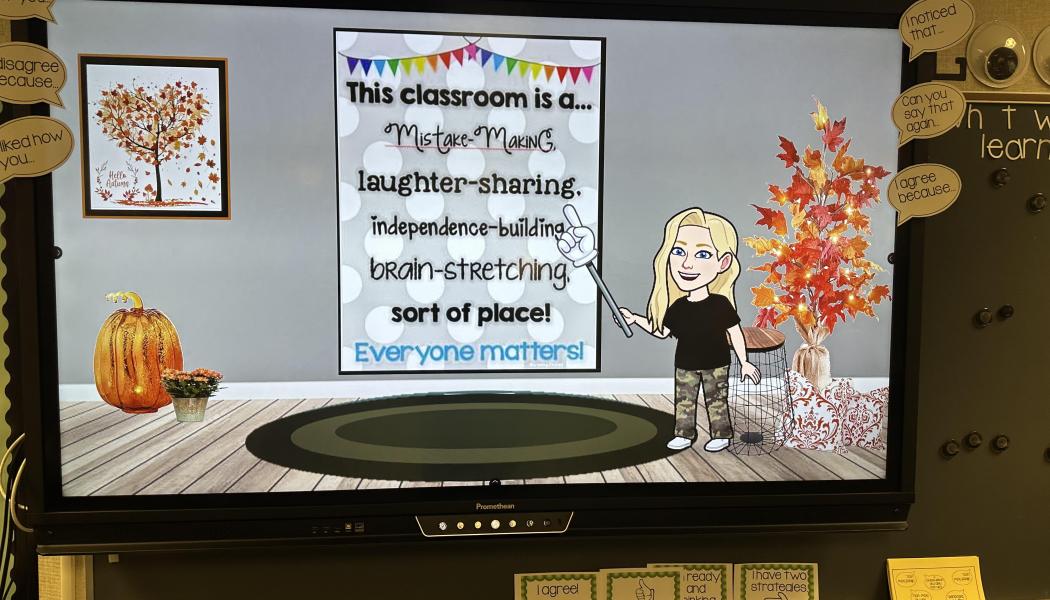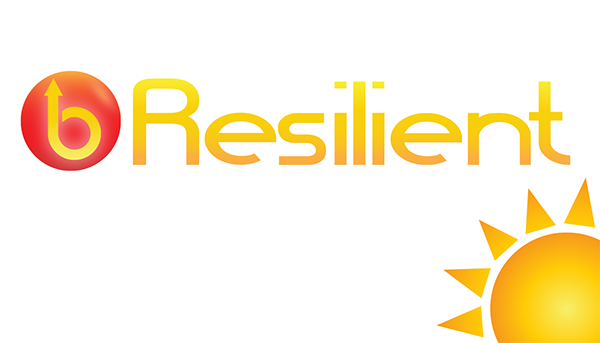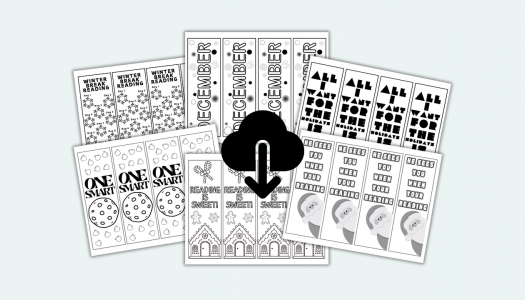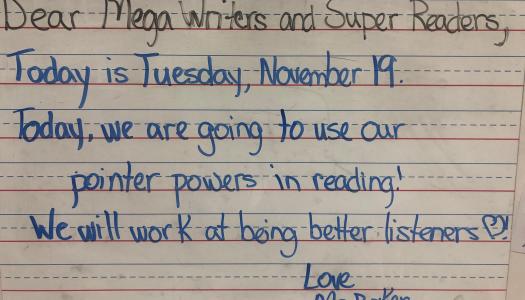
Lori Sabo
“You learn a lot by talking to old-timers. You learn even more by making your own mistakes.” I jotted this little tidbit down when talking to Patrick Kallaus as he showed me how he picks, dries, and roasts his own coffee beans. As he talked, the FAIL poster I have seen in classrooms popped to mind.
You have probably seen the FAIL poster before, but just in case you haven’t, FAIL is an acronym that cleverly stands for First Attempt In Learning (though I would argue it should be plural: First Attempts In Learning).
There are two kinds of mistakes. Ones we must live with. And ones we can fix.
Fortunately, most of the mistakes students make in the classroom are ones they can fix. Yet mistakes can come with big emotions, especially for the perfectionists in our rooms.
So, how do we create a classroom culture that is characterized by a growth mindset instead of getting things right? Five things can help:
- Keep expectations realistic:
- “Did you know we don’t expect [first, third, sixth] graders to be perfect?”
- “If you guys knew everything, you wouldn’t need me. So, I am going to need you to make mistakes!”
- “Today’s math problems are challenging. As you work through your trouble spots, whatever they may be, I hope you will kiss your brain for the hard work it is doing.”
- Emphasize persistence: This really helps bring balance to the black-and-whiteness of wrong and right answers. When we notice and celebrate hard work and continued effort, it helps build resilience and determination to keep trying.
- Be transparent: Sharing mistakes and how we fixed them or tried again will set a powerful example. I often have baking failures I can tell students about. And I will never forget the time a first grader noticed I had on two different shoes and we laughed that my big learning for the day was to look down before I leave the house. Or I can be transparent about a mistake I make when teaching and ask students to let me try again.
- Celebrate mistakes: I have been known to say, “Oh my goodness. I am so thankful you made this mistake! This is a tricky vowel pattern, and I need to teach it to everyone.” Or, “Oh my! I am so glad you made this mistake. I noticed everyone paid attention to you when you got up to sharpen your pencil. What could we add to our I-chart that would ensure everyone can stay focused?” If mistakes are truly viewed as jumping-off places for learning instead of shameful failures, it won’t be long until we hear students celebrating and sharing their own mistakes. “I had a hard time reading my story because I forgot to leave spaces. I know what to do next time so it will be easier for me.” “I guessed the answer and put it on my paper, but if I had drawn a picture of the problem, I would have seen my guess was too low. I’ll check my guess next time.”
- Let authors reinforce the value of failure. Here are 10 great pictures books to read aloud to get started.
- Beautiful Oops! by Barney Saltzberg
- Even Superheroes Make Mistakes by Shelly Becker
- Ish by Peter Reynolds
- It’s Okay to Make Mistakes by Todd Parr
- Mistakes That Worked: 40 Familiar Inventions and How They Came to Be by Charlotte Foltz Jones
- Rosie Revere, Engineer by Andrea Beaty
- The Book of Mistakes by Corinna Luyken
- The Dot by Peter Reynolds
- The Most Magnificent Thing by Ashley Spires
- What Do You Do with a Problem? by Kobi Yamada
- Fail-A-Bration! You Tried. You Missed. You’re Invited. by Brad and Kristi Montague
Lastly, let’s make sure that we are as quick to extend grace to ourselves as we are to our students as we make marvelous mistakes.
Join now! Use code BESTDEAL at checkout. *Offer good for memberships purchased November 21 through December 6, 2024 only.
News From The Daily CAFE
Write in Menu for Students
December Bookmarks
Teaching Through the Morning Message










